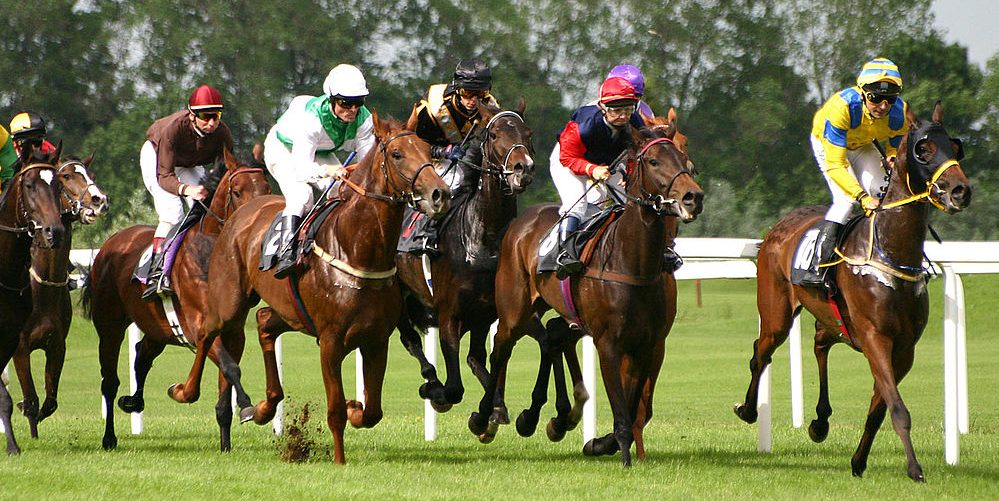
Single bet: what is it, how is it calculated, how to bet?
We tell you everything you need to know about one of the most popular bets, whose name sounds like an ordinary. By the way, it could be used in the World Cup. Those who managed to use it, probably managed to appreciate all its charms.
What is a single bet?
A single bet or single bet is a bet that you bet on one outcome of a particular event. Rumor has it that this is the most commonly used and easiest to understand type of bet for players, since it is characterized by a completely adequate principle of influencing the entire process.
This is how participants bet on a market, such as a horse that will win a race or a football team that will win a match, and if the choice is made in favor of the winning lot, the bookmaker pays out the winnings. If the participant loses, the bookmaker will keep the bet.
A single bet is good in that it means that you are only betting on one outcome and not on multiple outcomes where multiple outcomes are needed to pay out. Ordinaries can be used on the favorite, which will have low odds, or on outsiders with higher odds, which can potentially bring in a bigger win.
Single bets can be placed throughout the World Cup and there are many games to take advantage of four games a day for most of the competition’s group stage.

Single bet example
You place a £10 single bet that England will beat Brazil 2/1 in the regular time results market. If England beat Brazil within 90 minutes then your single bet has won and you will be paid out your stake plus your winnings which is £30.
If the final result is a draw, then your bet will lose. If England beats Brazil in 90 minutes, you will lose your bet. As you can see, the conditions are as simple and clear as possible.
What is a single bet one way?
A one-sided bet actually consists of two bets, one to win and one to place, and are settled as two. So you’re making a double bet. So if you bet £10, you will actually bet £20, £10 to win and £10 to place.
The positional part of a single bet in both directions is calculated as a fraction of the chance to win, which is usually 1/5. So, for example, your total bet is £20 and your potential win is £74 including stake. This is calculated by adding £55 for the winning part (£10 x 9/2 = £10 refundable bet) and £19 for the one way part (£10 x [9/2 x 1/5] + £10 bet).
If the horse were to win, you would have won all £74 including the £20 bet, as your win and place bets would have been successful.
If your horse were just in place, you would win £19 including the £10 bet, as your place bet would have been successful. If your horse didn’t place, you would lose both bets.
Popular articles
-
 Adaptive Bankroll Management Consider...
Adaptive Bankroll Management Consider...Managing bankroll effectively is one of the most critical aspects …
-
 How to dress for cross-country skiing...
How to dress for cross-country skiing...As the old Scandinavian saying goes, “There is no such …
-
 The Role of the Observer in Sports Po...
The Role of the Observer in Sports Po...Online poker players often encounter a unique dynamic in both …
